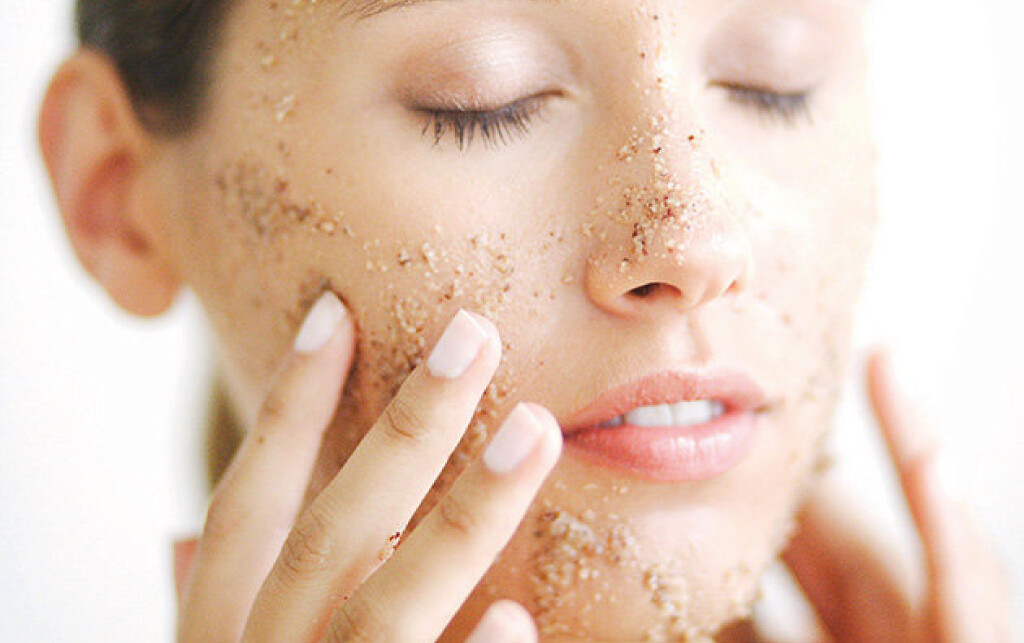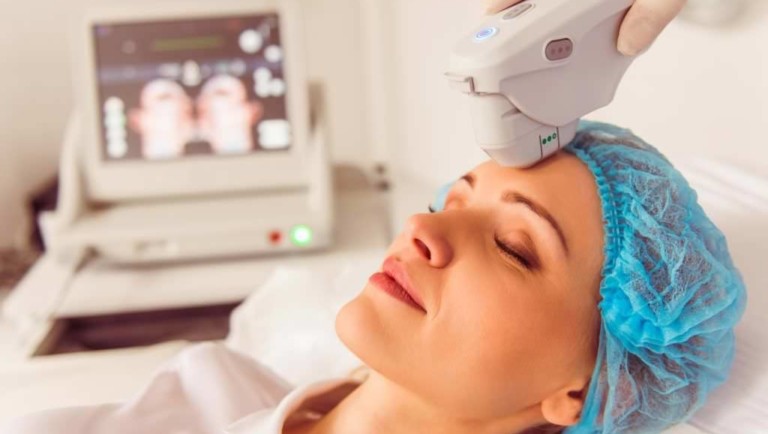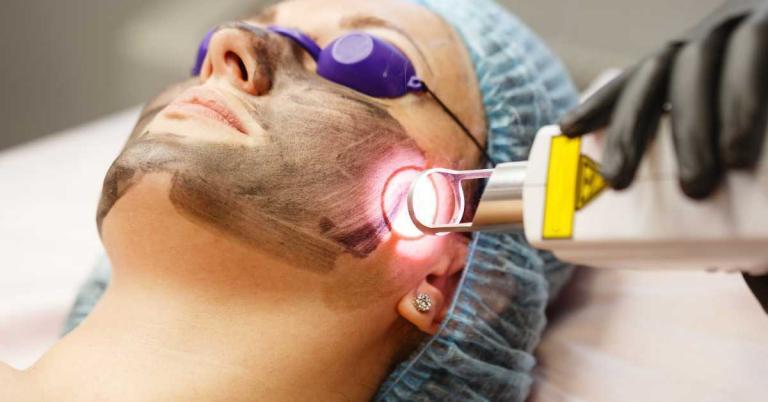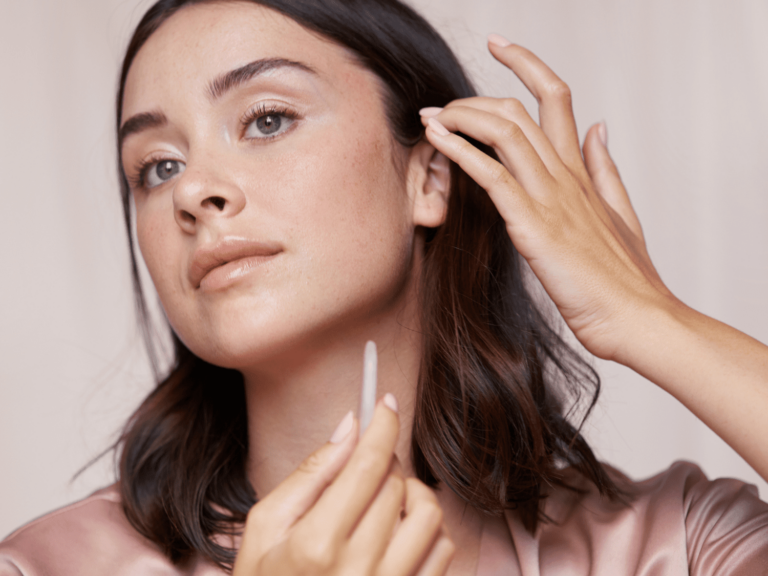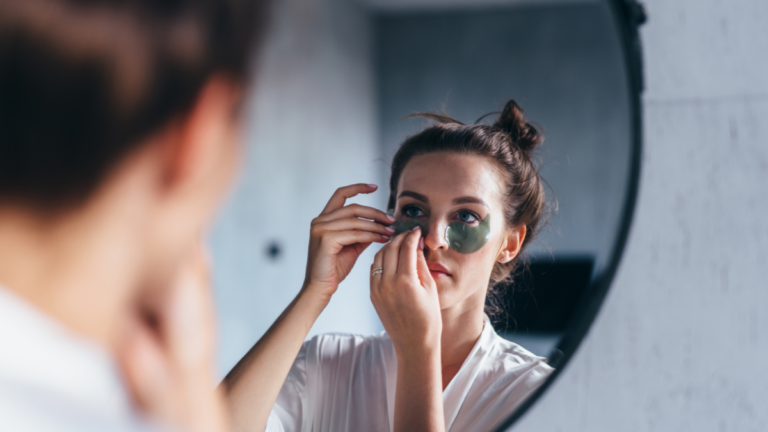Coffee can do more than just get you out of bed in the morning. Caffeine is well known for its stimulant properties, but it can also be a surprisingly powerful and effective component of your skincare routine.
You have probably seen caffeine listed as an ingredient on the packaging of creams, serums, and other skincare products if you’re a frequent shopper in the skincare section.
Caffeine, far from being just another trendy but ineffective substance, has significant skincare benefits. Because it is a vasoconstrictor, it may aid in the reduction of swelling in troublesome areas of your face.
It’s also a mild diuretic, which means it aids in the drying of cells for a smaller, tighter appearance. Caffeine, which most of us associate with a morning cappuccino rather than skincare, can be a powerful tool for looking your best when combined with a few antioxidant properties.
Caffeine, like any other skincare product, must be used correctly in order to reap the full benefits (no, this does not entail raising your coffee consumption).
We’ve covered everything you need to know about using caffeine for healthier and better-looking skin below, from how caffeine works as a skincare ingredient to the best ways to use caffeine for its skincare benefits.
Caffeine: How Does It Work?
While most people are aware of caffeine’s effects on the central nervous system, far fewer are aware of caffeine’s effects on the skin.
When caffeine is consumed orally, such as in a cup of coffee or your favourite caffeinated energy drink, it acts as a stimulant. It enters your system quickly and provides an energy boost that lasts four to six hours.
Caffeine, as a stimulant, affects the brain. Caffeine molecules bind to the same receptors as adenosine, preventing circulating adenosine from causing drowsiness in your brain. Simultaneously, your body increases the production of adrenaline, providing you with extra energy.
Caffeine behaves differently as a skincare ingredient.
Caffeine, for starters, quickly penetrates the skin, affecting not only the surface of your face but also the skin tissue deeper beneath the surface.
Caffeine has a number of potential skincare benefits. Caffeine’s actions range from constriction of blood vessels and reduction of edoema to fat release from specific fat cells, making it a unique skincare ingredient.
The Effects of Topical Caffeine on the Skin
Swelling and Puffiness are Reduced.
Caffeine affects the skin in a variety of ways. It is a natural vasoconstrictor, which means that it can constrict blood vessels while also decreasing inflammation. Even a small amount of coffee can make a noticeable difference if some areas of your face are puffy, sagging, or otherwise irritated.
This is why caffeine-based lotions are frequently promoted as eye-swelling treatments. Caffeine not only has general skincare benefits, but its vasoconstrictive properties make it particularly effective at reducing puffiness, swelling, and inflammation.
Fat Accumulation is Reduced
It can also improve your skin’s appearance by making it smoother and more consistent. Caffeine is a natural diuretic, meaning it removes salt and water from the body. Caffeine, when applied to fat cells on the face and body, can cause localised dehydration, giving your skin a smoother appearance and feel than usual.
In summary, there is some evidence that using a caffeine-based skincare product on your cells causes them to collect and retain less fat.
UVA and UVB Protection
Caffeine has also been shown to protect the skin from UV rays, making it an attractive option for sunny days and beach vacations.
Caffeine inhibits the ataxia telangiectasia and Rad3 proteins (ATR, in short). The inhibiting activity of caffeine may reduce the likelihood of UV-damaged cells mutating into malignant cells.
Numerous studies, including a 2017 review of coffee’s role in preventing non-melanoma skin cancer, have discovered this activity on UV-damaged cells.
It’s important to note that these studies aren’t completely conclusive, so don’t think of caffeine as a sunscreen replacement just yet. Caffeine, on the other hand, has strong scientific evidence that it may play a role in preventing UV skin damage, which raises its skincare rating.
Antioxidant and Anti-Aging Effects
Caffeine contains a lot of antioxidants, so it may help you avoid the visible signs of ageing.
Caffeine isn’t as well-known as an anti-aging agent as many other cosmetic ingredients, but its anti-aging reputation isn’t without merit. Caffeine is mentioned as “slowing down the process of photoaging of the skin” in the same 2013 study.
Because caffeine protects against UV radiation, it’s easy to see how it could help prevent photodamage and other factors that contribute to skin ageing.
Caffeine and Your Skin: How to Use It
Caffeine skin improvement is a little more complicated than simply drinking more coffee. While caffeine in coffee is not harmful to your skin, it does not provide all of the benefits that caffeine applied topically does.
Applying a face cream with caffeine as an active ingredient is the most convenient way to reap the benefits of caffeine.
Caffeine, like other topical compounds, only works while you’re using it, so if you want to reap the long-term benefits, you’ll need to keep using your caffeine-based cream or other skincare product.
In general, DIY caffeine masks made from coffee grounds should be avoided. While you will still benefit from some of caffeine’s topical benefits, the harshness of coffee grounds (even a fine espresso blend will scratch a little) makes them unsuitable for use on your face.
Is Caffeine a Good Ingredient for Skincare?
The strength and type of components are critical when looking for the best anti-aging acne cream or serum. As a skincare ingredient, caffeine has a number of intriguing and distinct effects. It is, however, not a particularly potent substance on its own. You won’t get the anti-aging or acne-prevention benefits of tretinoin by applying a caffeine-infused lotion to your face every now and then. Caffeine, on the other hand, has a number of distinct advantages, ranging from swelling reduction to reduced fat buildup, making it worthwhile to include it in your skincare routine.
Now you know why I as a celebrity dermatologist recommend caffeine as part of a larger skincare programme rather than as a stand-alone product. You can use a facial cream containing caffeine as well as other active ingredients, or you can simply combine a variety of different skincare products.
Overall, caffeine’s distinct effects make it an intriguing addition to your skincare routine, especially if you want to avoid swelling and fat formation.
Call 9930993600 to book your consultation with Dr Niketa Sonavane.
